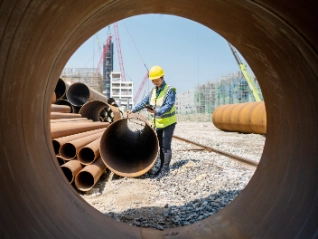Atradius Atrium
Portail clients en ligne pour accéder aux informations sur votre contrat et aux outils de gestion de vos limites de crédit.
Termes de recherche populaires
 France bureaux
France bureaux













Charger plus
Visualisation 7 hors de 19







Charger plus
Visualisation 7 hors de 133







Charger plus
Visualisation 7 hors de 27
Cliquez sur le bouton ci-dessous pour accéder à notre Blog







Charger plus
Visualisation 7 hors de 11